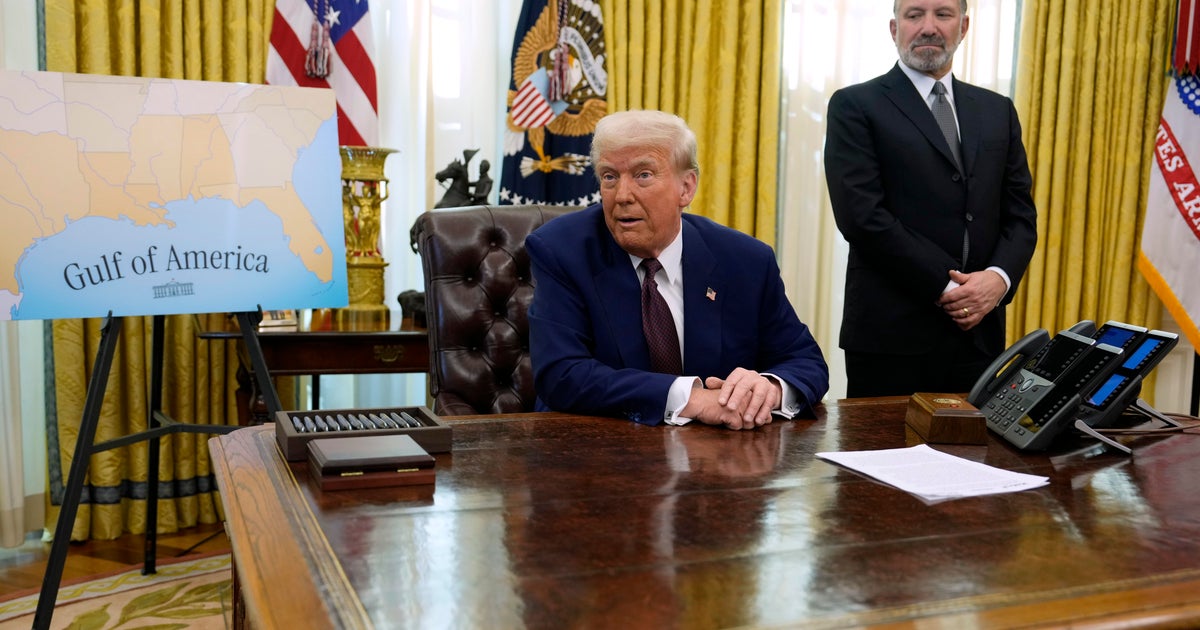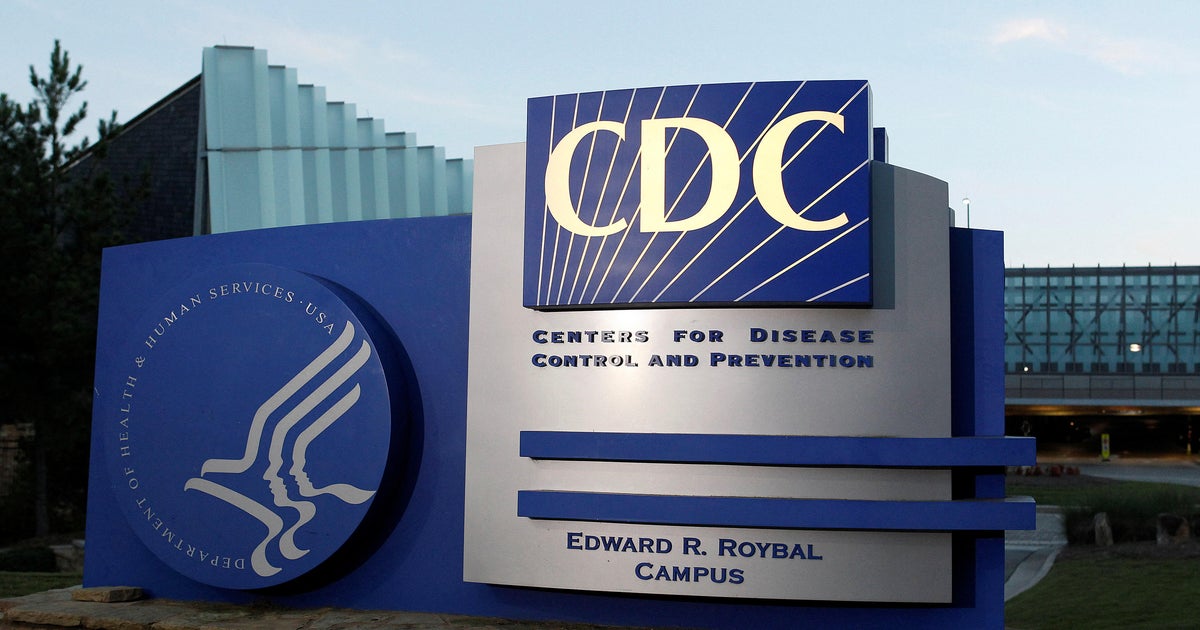Federal workers express shock, anger over mass layoffs:

Probational federal employees who lost their jobs on Thursday as part of the Trump administration’s mass firing of government workers expressed shock and anger at the terminations, which they contend will hurt the government’s ability to provide services.
President Trump is moving quickly to shrink the U.S. federal government — the nation’s largest employer — saying he is slashing wasteful spending and pushing to make the nation’s civil workforce more responsive to his administration’s policies. Federal workers in a probationary period typically have less than one year on the job and have not yet gained civil service protection.
Federal workers who received termination notices on Thursday described receiving nonpersonalized emails informing them they had been removed from their position, with little communication from their supervisors. The workers said they had entered public service because of a commitment to serve the public interest, whether by helping protect consumers from predatory financial services or by supporting veterans.
“We had all received these notices that cites probationary regulations and says we’re being let go because ‘you are not fit for continued employment because your ability and skills do not fit the agency’s needs,'” Elizabeth Aniskevich, an attorney with the Consumer Financial Protection Bureau, told CBS News.
A termination letter provided to CBS News by a former employee at the Department of Veterans Affairs informed the worker that his job was ending because “you have not demonstrated that your further employment at the agency would be in the public interest.”
The VA worker, who had previously held federal jobs across different agencies for more than a decade, said he was dismayed to learn that he was considered a probationary worker after taking the Veterans Affairs job last fall, as it reset his government employment.
“Basically the gist [of the termination letter] is laying out I was a probationary employee, what my rights of appeal are, but my continued employment was no longer in the public interest,” said the VA worker, who spoke on condition of anonymity out of concern that speaking publicly could jeopardize his chances of finding another government job. “I came into the house — probably for a couple weeks my wife and I joked, ‘Did I still have a job?’ — I told her, and I lost it. It’s devastating.”
Another VA employee, who told CBS News his work was rated as “outstanding” in his most recent performance review, said receiving an impersonal termination letter was hurtful.
“It feels like a copy/paste mass firing that takes nothing into account of the people, the human cost,” said Greg House, 34, a disabled veteran who was terminated from his job at the VA’s public affairs office in Salt Lake City, a job that he started in March 2024. He added, “The idea that the federal workforce is too bloated feels like a scapegoat more than anything else. Nobody joins the federal government to get rich.”
The U.S. Office of Personnel Management (OPM) has instructed agencies to report their final numbers of fired probationary employees by 8 p.m Eastern time on Tuesday, according to a source familiar with the matter.
The White House press office didn’t immediately respond to a request for comment.
Unions claim firings are illegal
Five unions for government employees have sued Mr. Trump and other officials in his administration over the firing of probationary workers, alleging the move is illegal because it violates procedures for making “reductions in force,” a formal process used by government agencies to dismiss employees.
Reductions in force, or RIFs, can be made based on a number of issues, such as if there’s not enough work or funding for federal workers, according to OPM.
Mr. Trump’s order “directs agencies to promptly engage in RIFs for none of the specified, allowable reasons, but instead for the purpose of ‘eliminating waste, bloat and insularity,'” the lawsuit claims, citing the president’s Feb. 11 executive order for widespread layoffs of government workers.
Some experts are pushing back on the idea that the government workforce is too large, pointing out that federal employment has grown little since 1980. Prior to the firings, some agencies and services had already been grappling with staffing shortages, including the Veterans Health Administration.
Impact on services
The VA employee who was fired Thursday said he took exception to Mr. Trump’s claim that the terminations would make the government more efficient, noting that his group, which had been trying to fill several empty positions, had more work than they could handle.
“We are under-resourced as it is, so cutting jobs won’t do it,” he said, adding that the firings will directly impact veterans. “We have ongoing projects to try to construct and repair facilities to help veterans — we’re already behind.”
A Food and Drug Administration employee — who also requested anonymity because she’s in a probationary period in her job but hasn’t received a termination letter — expressed concern that the firings would slow essential work, both because of the loss of skilled employees and a hit to employee morale.
“We’re rather leanly staffed — the people on some of these teams have a tremendous workload,” she said. “It’ll slow down things like drugs approvals … it’ll have a tremendous, terrible impact on access to drugs and generic drugs.”
Because many of the probationary workers are younger employees, the firings could add to long-term problems facing the federal workforce, where twice as many workers are over age 60 than under 30, said Elizabeth Linos, the Emma Bloomberg associate professor of public policy and management at Harvard’s Kennedy School.
“This will exacerbate the existing human capital crisis if probationary employees are more likely to be young, and more likely to have the skills that a 21st century government operation needs,” she said.
Where jobs are getting cut
As of May 2024, the most recent data available, about 216,000 federal employees had been in their jobs for less than one year, according to government data from the U.S. Office of Personnel Management.
The government agency with the most probationary employees is the VA, with about 56,000 workers bearing that designation, OPM data shows. The VA on Friday said it had fired more than 1,000 employees. The agency didn’t respond to a request for comment about whether more firings could be coming.
“Make no mistake — Trump is looking to fire probationary employees because it is easy, not because it is good for veterans or cost-effective,” Sen. Richard Blumenthal, a Democrat from Connecticut who serves on the Senate Committee on Veterans’ Affairs, told CBS News in a statement. “In fact, it is a massive waste of taxpayer dollars to fire employees the department just invested months into recruiting, vetting and training.”
Department of Health and Human Services officials expect most of the agency’s roughly 5,200 probationary employees to be fired Friday, Feb. 14, under the Trump administration’s move to get rid of nearly all probationary employees, according to an audio recording of a National Institutes of Health department meeting obtained by the Associated Press.
In that meeting, an NIH office director told employees that some probationary staff with specialized skills might retain their positions. Probationary staff being terminated would receive an email Friday afternoon, the AP reported, citing the recording.
Among those being cut are nearly 1,300 probationary employees at the Centers for Disease Control and Prevention, or roughly one-tenth of the agency’s workforce.
,
and
contributed to this report.
World News || Latest News || U.S. News
Source link



